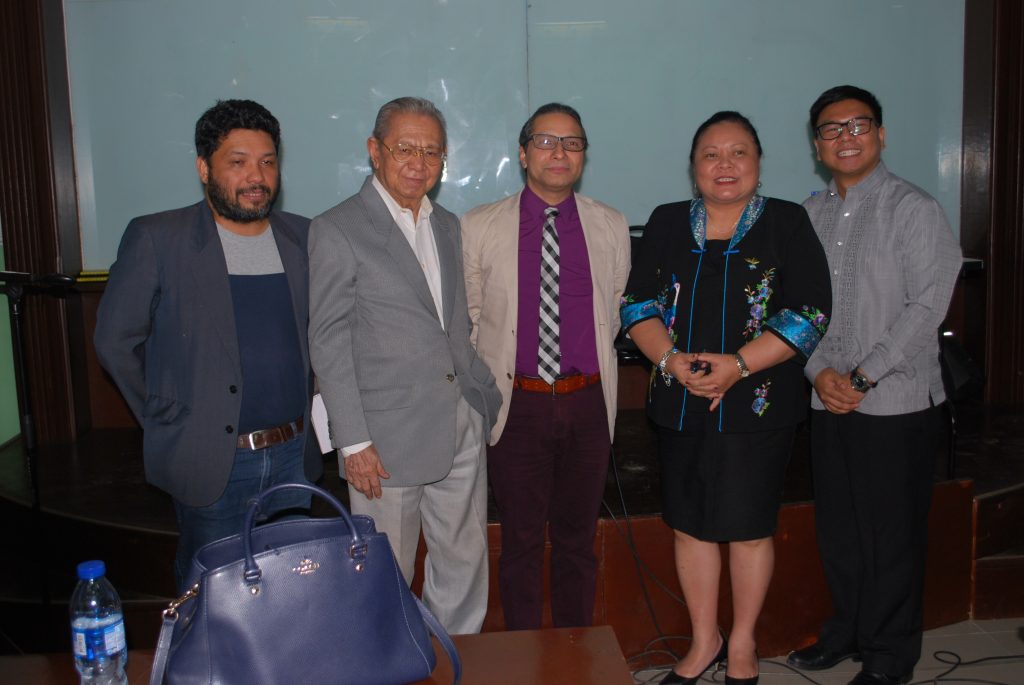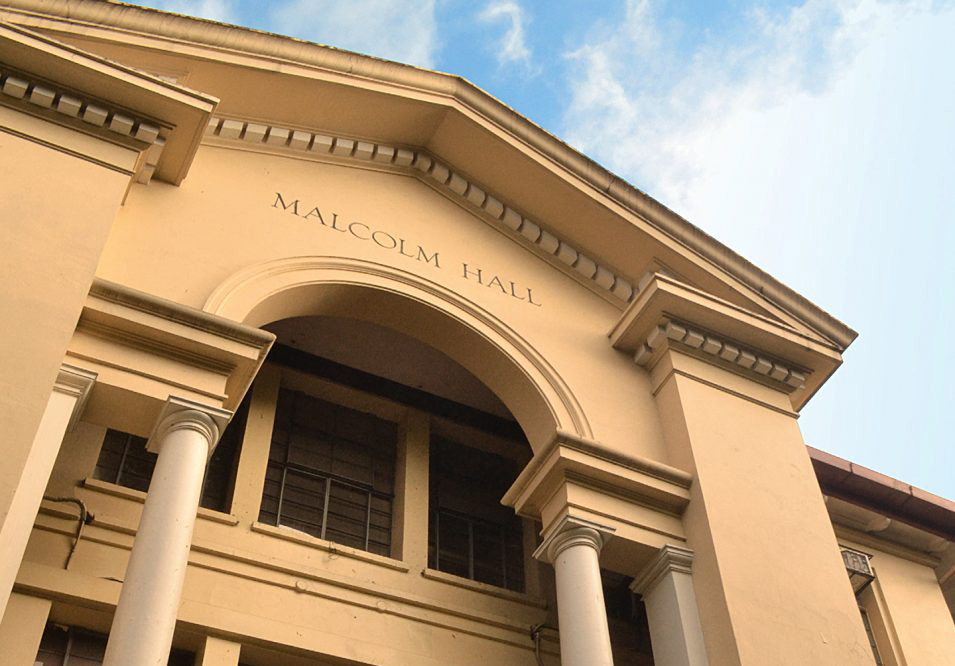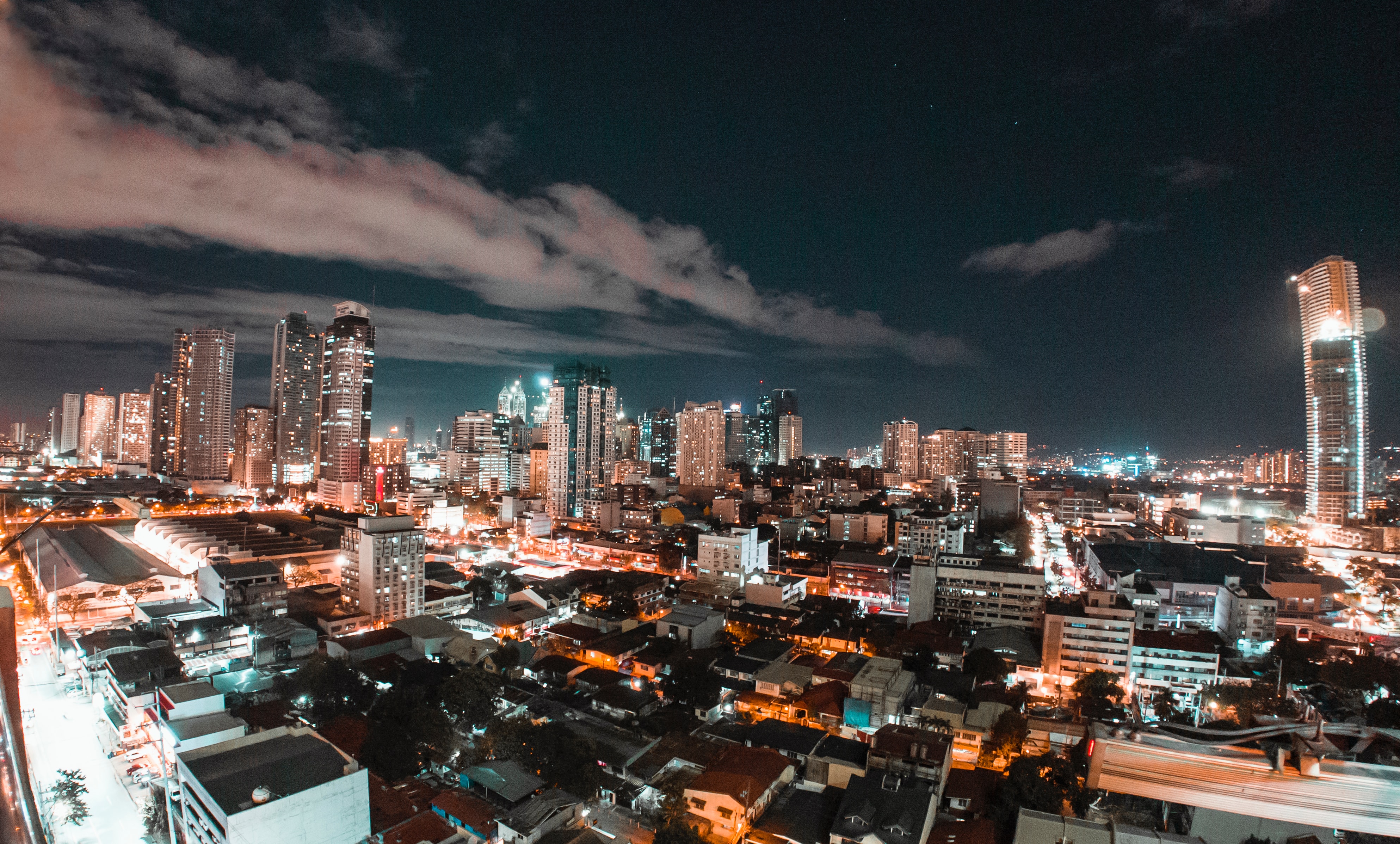UP Law Center launches its Charter Revision Project
UP Law Center launches its Charter Revision Project The University of the Philippines is imbued with a commitment to national development and service to the Filipino nation. The UP Law Center, on the other hand, is mandated to undertake technical studies and researches in law, particularly on projects for reform, with the Institute of Government and Law Reform (“IGLR”) being tasked to discharge the functions of the defunct Code Commission. Along these lines, the UP Law Center, through the Institute of Government and Law Reform, launches today its Constitutional Review Project (CRP) as part of its ongoing research and academic…













































































































 on the upper right corner to select a video.
on the upper right corner to select a video.